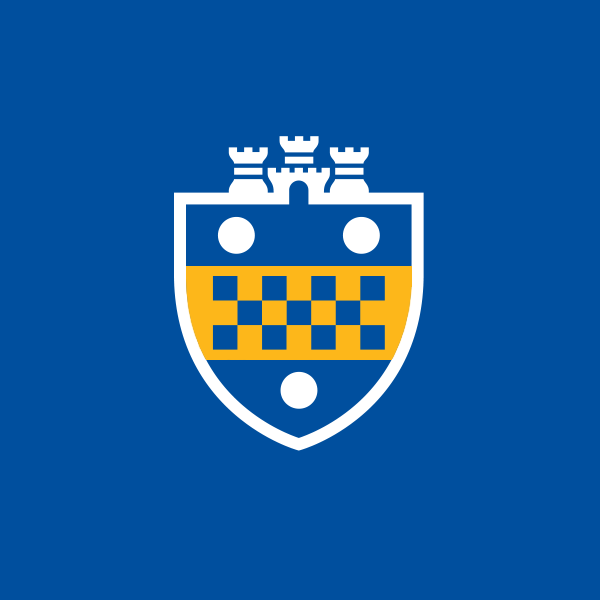Beryozkin, A., & Byrne, L.C. (2025). In Vivo Imaging of Rodent Retina in Retinal Disease. Methods Mol Biol, 2848, 151-167.Springer Nature. doi: 10.1007/978-1-0716-4087-6_10.
Aweidah, H., Xi, Z., Sahel, J.A., & Byrne, L.C. (2023). PRPF31-retinitis pigmentosa: Challenges and opportunities for clinical translation. Vision Res, 213, 108315.Elsevier. doi: 10.1016/j.visres.2023.108315.
Zin, E.A., Ozturk, B.E., Dalkara, D., & Byrne, L.C. (2023). Developing New Vectors for Retinal Gene Therapy. Cold Spring Harb Perspect Med, 13(12).Cold Spring Harbor Laboratory. doi: 10.1101/cshperspect.a041291.
Xi, Z., Vats, A., Sahel, J.A., Chen, Y., & Byrne, L.C. (2022). Gene augmentation prevents retinal degeneration in a CRISPR/Cas9-based mouse model of PRPF31 retinitis pigmentosa. Nat Commun, 13(1), 7695.Springer Nature. doi: 10.1038/s41467-022-35361-8.
Byrne, L.C. (2017). What's old is new again: Autologous stem cell transplant for AMD. Sci Transl Med, 9(387), eaan2783.American Association for the Advancement of Science (AAAS). doi: 10.1126/scitranslmed.aan2783.
Byrne, L.C. (2017). Anti-VEGF AAV2 injections: The fewer the better. Sci Transl Med, 9(393), eaan4921.American Association for the Advancement of Science (AAAS). doi: 10.1126/scitranslmed.aan4921.
